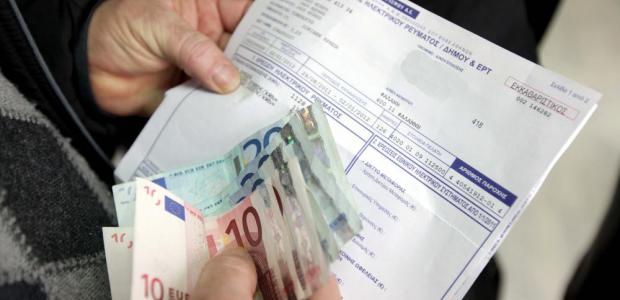The main power utility PPC’s chief executive Manolis Panagiotakis has remained reserved about the prospect of an electricity tariff reduction for consumers despite energy minister Panos Skourletis’s intention to explore all options to do so.
“We need to exhaust all possibilities for even just a small symbolic reduction in 2016, to the extent that this does not create any problems for the utility – assuming international fuel prices remain low,” Skourletis remarked after meeting with a parliamentary committee for production and trade.
However, PPC’s head official remained cautious about such a prospect, citing the utility’s considerable cashflow problems, caused primarily by an alarming level of unpaid overdue electricity bills owed by consumers.
Seeking political gains through lower electricity rates for consumers, the government is basing its pressure on PPC as a result of lower fuel and natural gas prices, down by as much as 70 percent over the past year and a half.
RAE, the Regulatory Authority for Energy, recently called on PPC to provide details concerning the impact of lower fuel and natural gas prices on its production costs. The authority also questioned whether PPC’s current electricity price levels for households can be justified considering the drop in energy source prices. RAE officials confirmed having made this request in comments to energypress.
As part of its overall effort to ensure a smooth functioning energy market, RAE plans to focus on the issue of the arrears owed to PPC, now at 2.3 billion euros, as well as the growing number of electricity theft cases.
The unpaid electricity bills owed by consumers to PPC is having a domino effect on the market as, consequently, the power utility owes amounts to IPTO, the power grid operator, and HEDNO, the Electricity Distribution Network Operator. IPTO also owes amounts to LAGIE, the Electricity Market Operator, for a RES-supporting surcharge (ETMEAR) added to power bills.





